Cannabis use disorders appear to be very similar to other substance use disorders, although the long-term clinical outcomes may be less severe. On average, adults seeking treatment for cannabis use disorders have used cannabis nearly every day for more than 10 years and have attempted to quit more than six times.111 People with cannabis use disorders, especially adolescents, often also suffer from other psychiatric disorders(comorbidity).112 They may also use or be addicted to other substances, such as cocaine or alcohol. Available studies indicate that effectively treating the mental health disorder with standard treatments involving medications and behavioral therapies may help reduce cannabis use, particularly among those involved with heavy use and those with more chronic mental disorders. The following behavioral treatments have shown promise:
- Cognitive-behavioral therapy: A form of psychotherapy that teaches people strategies to identify and correct problematic behaviors in order to enhance self-control, stop drug use, and address a range of other problems that often co-occur with them.
- Contingency management: A therapeutic management approach based on frequent monitoring of the target behavior and the provision (or removal) of tangible, positive rewards when the target behavior occurs (or does not).
- Motivational enhancement therapy: A systematic form of intervention designed to produce rapid, internally motivated change; the therapy does not attempt to treat the person, but rather mobilize his or her own internal resources for change and engagement in treatment.
Currently, the FDA has not approved any medications for the treatment of cannabis use disorder, but research is active in this area. Because sleep problems feature prominently in cannabis withdrawal, some studies are examining the effectiveness of medications that aid in sleep. Medications that have shown promise in early studies or small clinical trials include the sleep aid zolpidem (Ambien®), an anti-anxiety/anti-stress medication called buspirone (BuSpar®), and an anti-epileptic drug called gabapentin (Horizant®, Neurontin®) that may improve sleep and, possibly, executive function. Other agents being studied include the nutritional supplement N-acetylcysteine and chemicals called FAAH inhibitors, which may reduce withdrawal by inhibiting the breakdown of the body’s own cannabinoids. Future directions include the study of substances called allosteric modulators that interact with cannabinoid receptors to inhibit THC’s rewarding effects.
NIDA. “Available Treatments for Cannabis Use Disorders.” National Institute on Drug Abuse, 8 Apr. 2020, https://www.drugabuse.gov/publications/research-reports/marijuana/available-treatments-marijuana-use-disorders Accessed 12 Jan. 2021.



